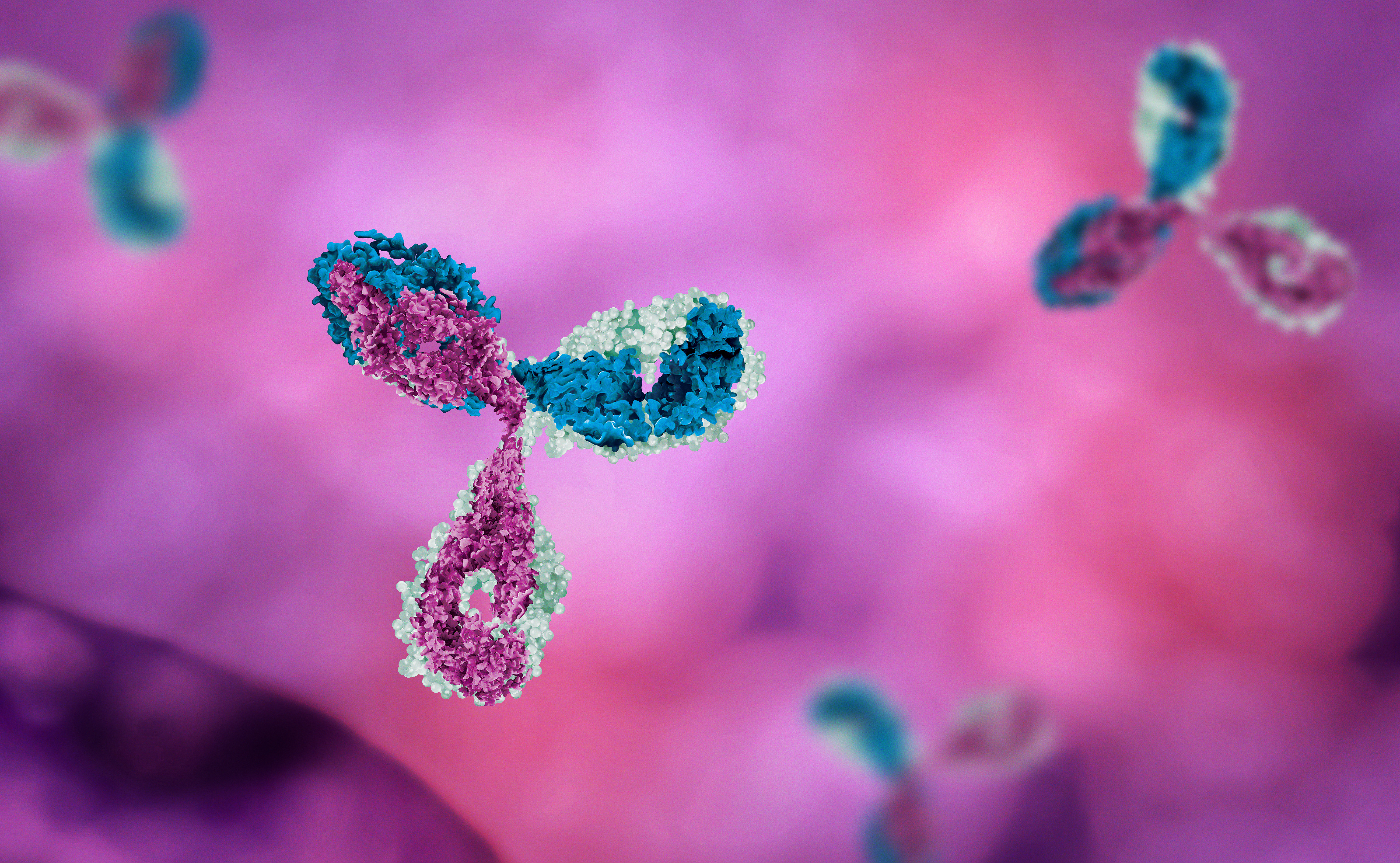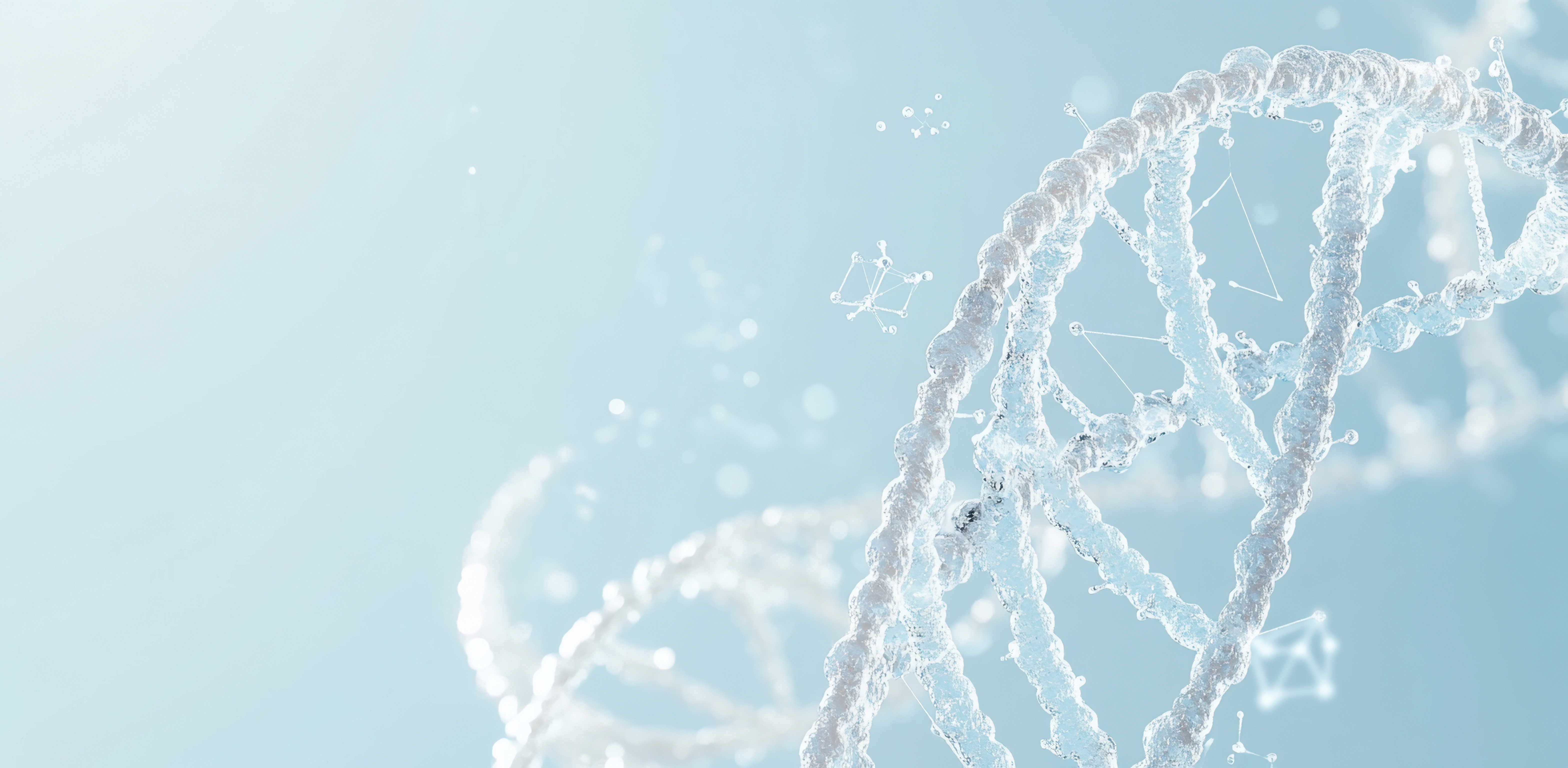
Engineered bacterial cells with minimal genomes were developed in 2016 - these minimal cells include only the genes essential for life. The study of these cells has provided many insights for synthetic biology and the life sciences in general. However, until recently, very little was known about how these synthetically derived bacteria would respond to the effects of nature through evolution.
A recent publication in Nature found that a minimal bacterial cell with less than 500 genes evolved through mutation to improve fitness 39% faster than the corresponding non-minimal cell. This provides vital insights which could be incredibly useful in the refinement of synthetically engineered cells for biotechnological applications in the near future.
This research was performed on cells which were developed by the J. Craig Venter Institute and Synthetic Genomics (now named Viridos): Mycoplasma mycoides (JCV-syn3.0). JCV-syn3.0 was first published in 2016 based on the genome minimization of the first bacterial cell to contain a completely synthetic genome (JCV-syn1.0). The resulting minimal cells contain a genome of only 531 kilobases (473 genes) - the smallest of any known free-living organism. This genome is considerably smaller than the non-minimal parental strain of Mycoplasma mycoides JCV-syn1.0 which has over 900 genes, and drastically smaller than the human genome which contains just under 20,000 protein-coding genes (genome size of roughly 3.2 million kilobases).
Many previously thought that the reduced combination of genes in minimal cells would drastically limit the possibilities of evolution, as the minimal genome contains fewer targets for positive selection. However, the perceived evolutionary limitations were found not to exist. Authors grew replicate populations of the minimal cells for 2,000 generations. The minimal cells mutated at the highest ever recorded rate for any cellular organism, and regained fitness extremely efficiently. In fact, the minimal bacterium recovered almost all of the fitness that it had previously lost due to genome streamlining.
The implications of this research are broad, and the findings could be applied to address challenges in many interesting areas of biology and biotechnology. Perhaps this study could help improve our understanding of the evolution of microbes with antimicrobial resistance, help assist with the development of microbes for industrial biotechnology through synthetic biology, and could help inform how we address interactions with the microbes in our own microbiomes. It will be interesting to see the innovations and new inventions which arise from this research in the future!
Thomas is a Patent Attorney working in our life sciences team, Thomas drafts and prosecutes patent applications for both local and international clients. He has industrial experience which was gained whilst working for a plant biotechnology company during his undergraduate degree, and also has experience of working in technology transfer at The University of Manchester. Thomas has a BSc and PhD in Biotechnology from the University of Manchester, and has published scientific papers in the areas of metabolic engineering and biofuels.
Email: thomas.driver@mewburn.com
Sign up to our newsletter: Forward - news, insights and features
Our people
Our IP specialists work at all stage of the IP life cycle and provide strategic advice about patent, trade mark and registered designs, as well as any IP-related disputes and legal and commercial requirements.
Our peopleContact Us
We have an easily-accessible office in central London, as well as a number of regional offices throughout the UK and an office in Munich, Germany. We’d love to hear from you, so please get in touch.
Get in touch

